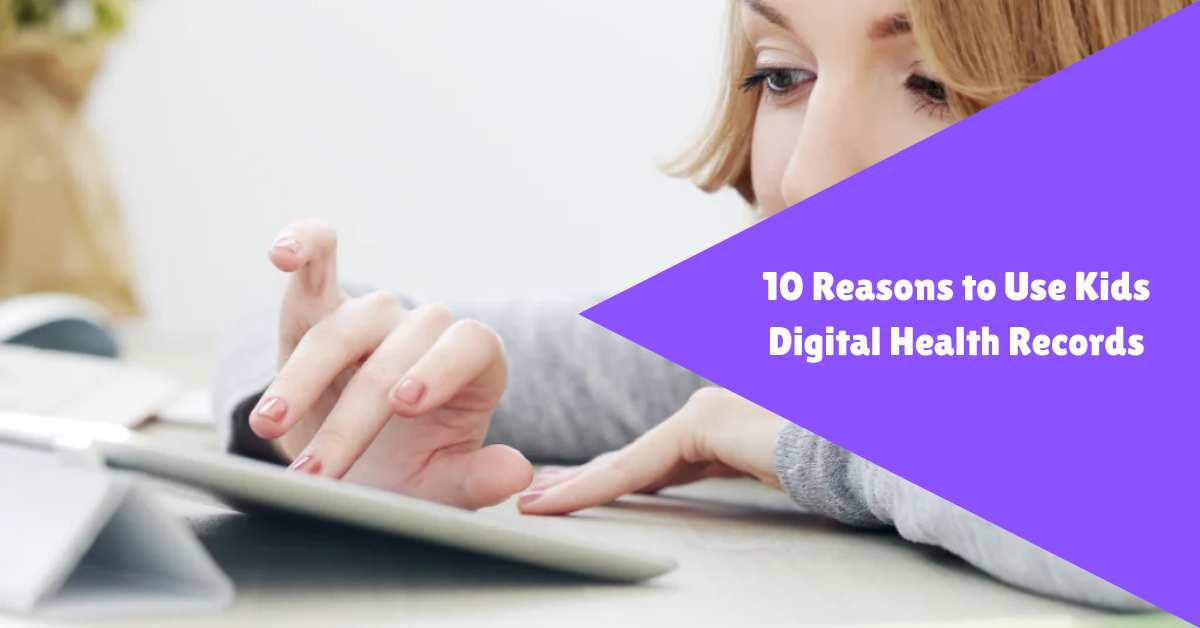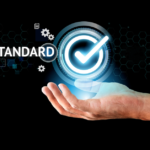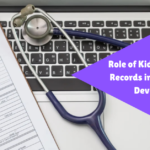Managing children’s health effectively requires accurate, timely, and accessible information. Digital health records specifically designed for kids have emerged as a powerful solution for parents, healthcare providers, and educators alike. Here are the top 10 reasons to use kids digital health records:
Top 10 Reasons to Use Kids Digital Health Records

The reasons to use kids digital health records are listed below:
1. Centralized Access to Health Information
Digital health records consolidate a child’s medical history in one secure location. From vaccination schedules and growth charts to allergy details and past diagnoses, all information is readily available. This centralization eliminates the hassle of sifting through paper files or remembering details during medical visits.
- Parents can quickly access their child’s records for school forms or travel requirements.
- Healthcare providers gain a holistic view of the child’s health history, ensuring continuity of care.
2. Improved Communication with Providers
Kids digital health records facilitate seamless communication between parents, pediatricians, specialists, and other caregivers. Secure portals and messaging systems allow:
- Parents can share real-time updates on symptoms or concerns.
- Doctors to provide follow-up care instructions or share test results efficiently.
This improved collaboration fosters a proactive approach to managing children’s health.
3. Enhanced Emergency Preparedness
In emergencies, quick access to accurate health information can make a critical difference. Digital health records provide:
- Immediate details about allergies, chronic conditions, and medications.
- A reliable source for healthcare providers to make informed decisions during urgent care situations.
This preparedness is particularly crucial for children with complex medical needs.
4. Streamlined Vaccination Tracking
Vaccinations are a cornerstone of pediatric healthcare, and staying on top of immunization schedules is essential. Digital health records:
- Automatically track completed and upcoming vaccines.
- Send reminders for overdue shots, helping parents maintain compliance with school or travel requirements.
- Reduce the risk of missed vaccinations, which can lead to preventable diseases.
5. Support for Developmental Monitoring
Childhood is a period of rapid growth and development. Digital health records enable:
- Tracking of milestones, such as speech development, motor skills, and height/weight growth.
- Graphical representations that allow parents and providers to identify trends and address potential delays early.
This proactive approach supports better outcomes in developmental care.
6. Data Security and Privacy
Modern digital health record systems prioritize security and privacy. These platforms comply with stringent regulations like HIPAA to safeguard sensitive health information. Features include:
- Secure logins and encrypted data storage.
- Role-based access to ensure only authorized individuals can view specific information.
This provides parents with peace of mind while managing their child’s health records digitally.
7. Eco-Friendly and Sustainable Solution
Switching to digital health records reduces the need for paper documentation, supporting environmentally friendly practices. By eliminating physical files and printing, families and healthcare facilities contribute to sustainability while also benefiting from the convenience of digital storage.
8. Facilitation of Telehealth Services
With telemedicine becoming increasingly common, digital health records are integral to remote care. These records allow:
- Providers review health histories in real time during virtual consultations.
- Parents are to upload and share recent symptoms, photos, or test results to aid diagnosis.
This integration enhances the quality of care provided through telehealth platforms.
9. Personalized Health Insights
Many digital health record platforms include tools for analyzing data and generating insights. Parents and providers can:
- Identify patterns, such as recurring illnesses or triggers for allergies.
- Receive tailored recommendations for preventive care or lifestyle adjustments.
These insights lead to more informed decisions and improved overall health outcomes.
10. Future-Proofing Healthcare
As technology advances, digital health records are becoming more sophisticated. They integrate with wearable devices, health apps, and AI-driven analytics, providing:
- Real-time monitoring of vital signs.
- Predictive analytics to identify potential health risks.
By adopting digital health records now, families position themselves to benefit from future innovations in pediatric healthcare.
Conclusion

Kids digital health records are more than just a modern convenience; they’re a transformative tool for managing children’s health effectively. From centralized access and enhanced communication to developmental tracking and emergency preparedness, the benefits are compelling.
Embracing this technology empowers parents and healthcare providers to work together for better health outcomes, ensuring every child gets the care they deserve.
If you’re ready to take control of your child’s health with a digital health record system, explore your options today and experience the future of pediatric care with KidsCur!
How do you think digital health records can improve your child’s healthcare experience?
FAQs
How can I create a digital health record for my child?
You can create a digital health record by signing up on a trusted platform like KidsCur, entering your child’s details, and uploading existing medical records, such as vaccination history and past prescriptions.
Are digital health records safe and private?
Yes, digital health records are protected by encryption, secure logins, and role-based access, ensuring only authorized individuals can view your child’s medical information.
Can I access my child’s health records from multiple devices?
Most digital health record platforms allow access from smartphones, tablets, and computers, enabling parents to retrieve and update their child’s health information anytime, anywhere.



